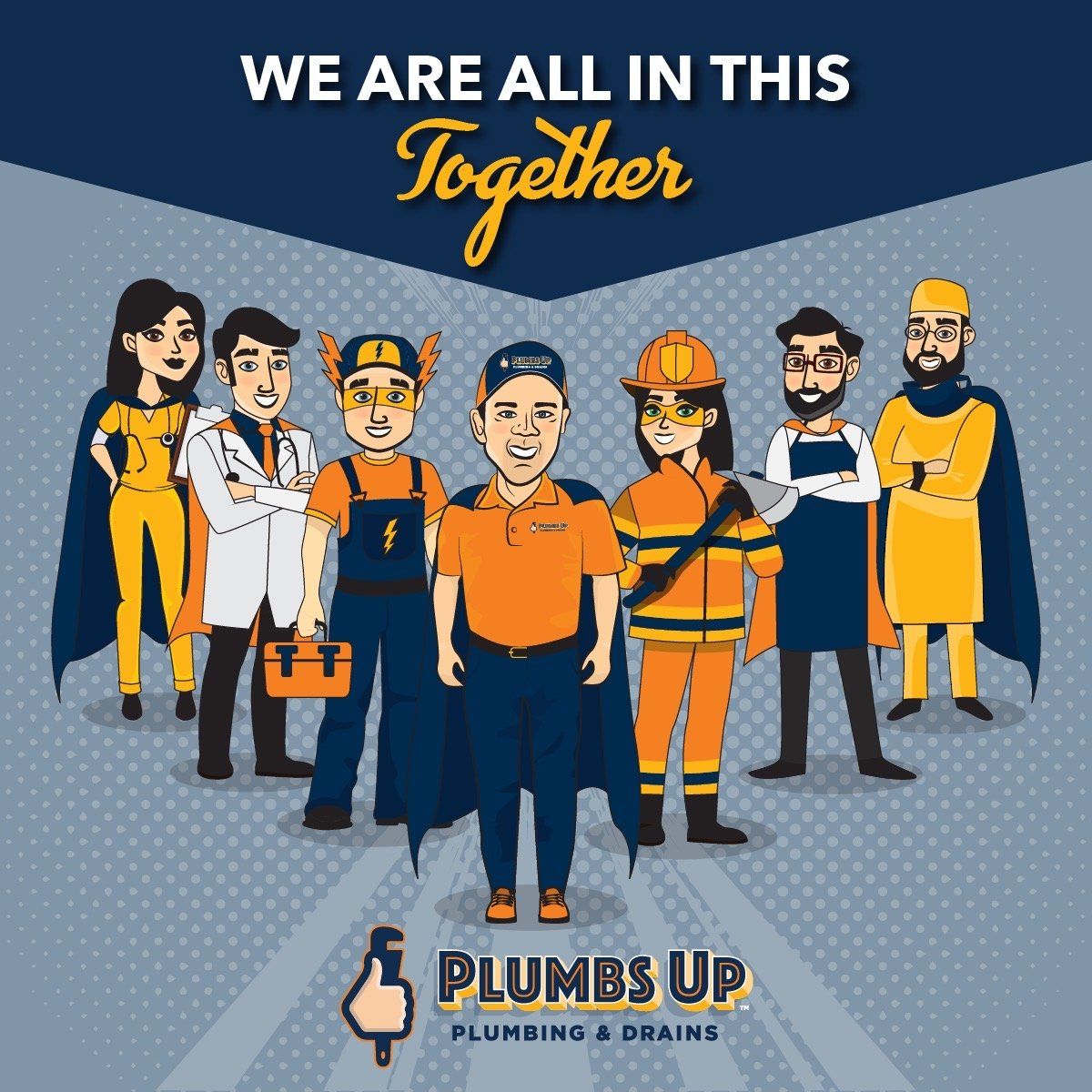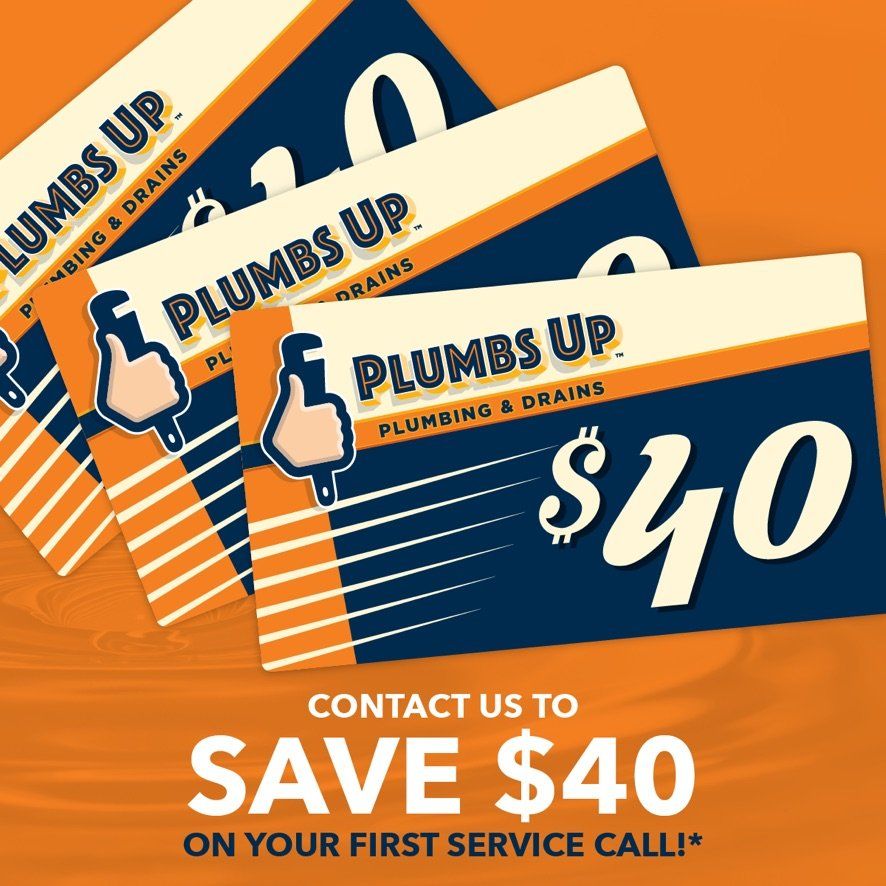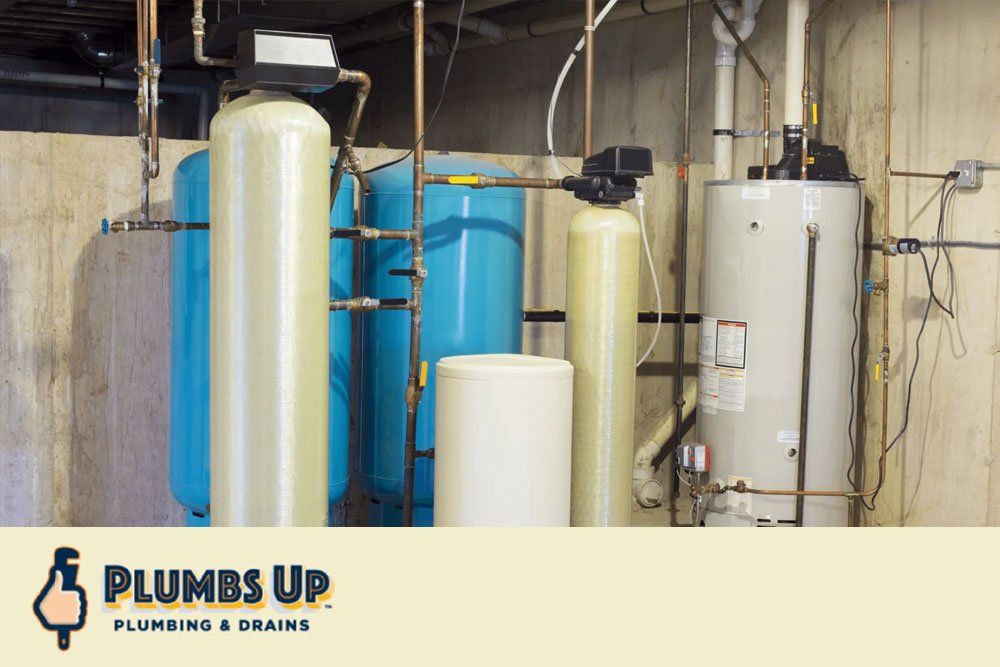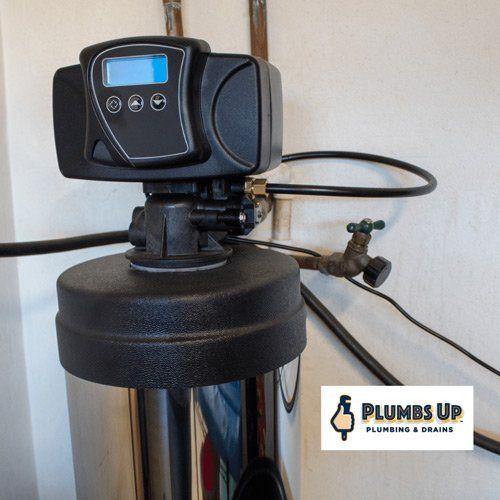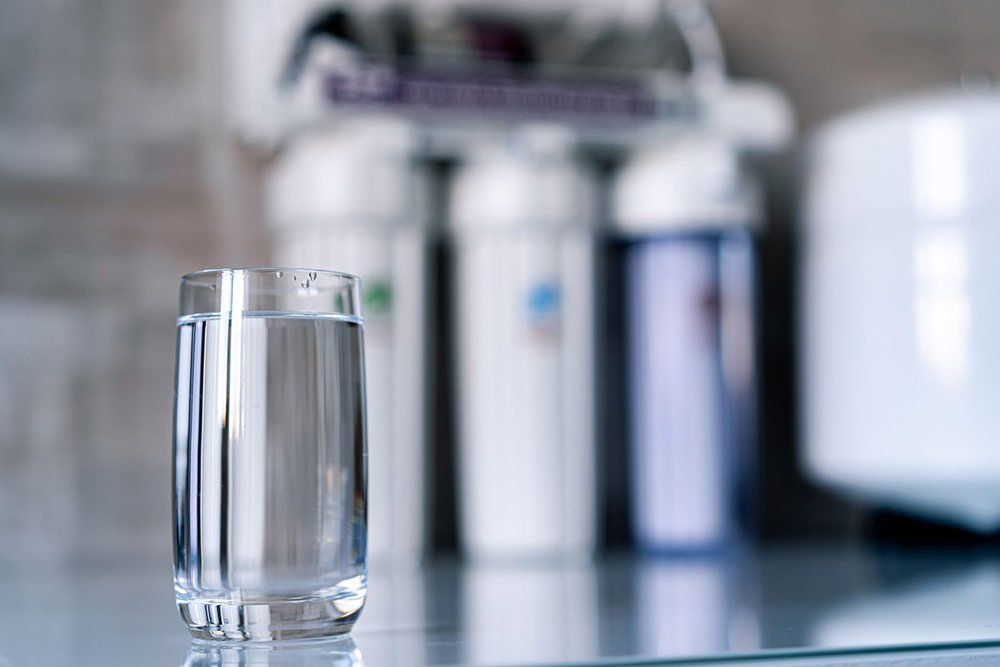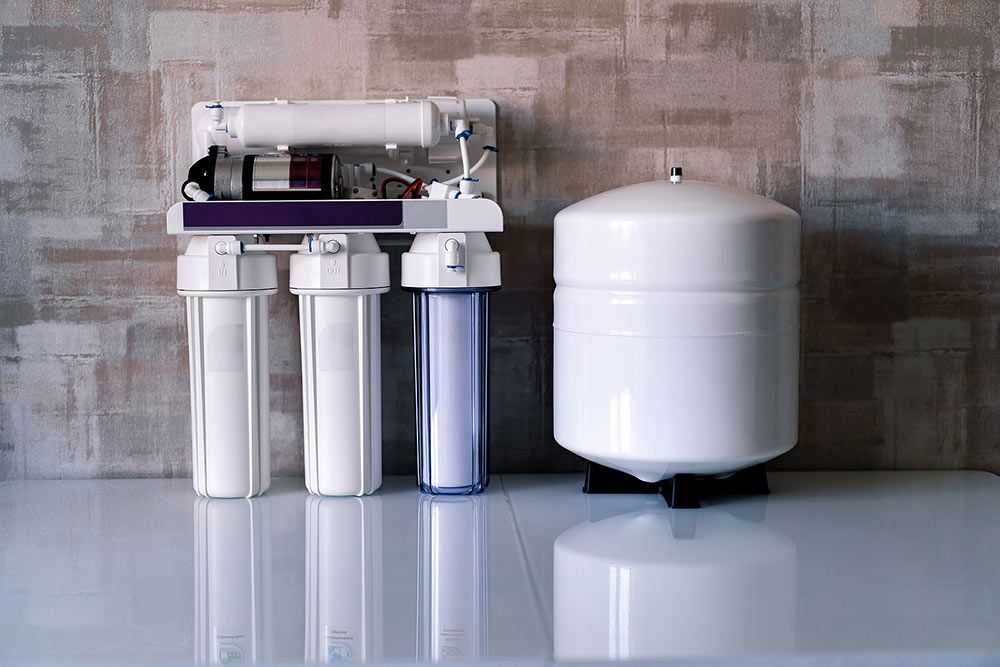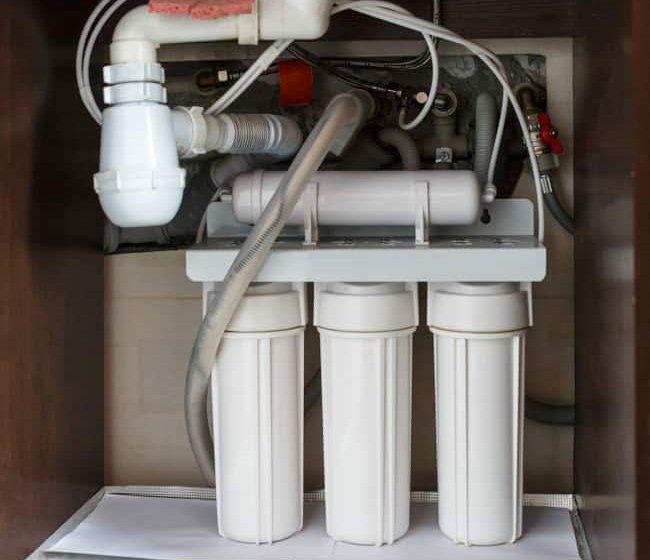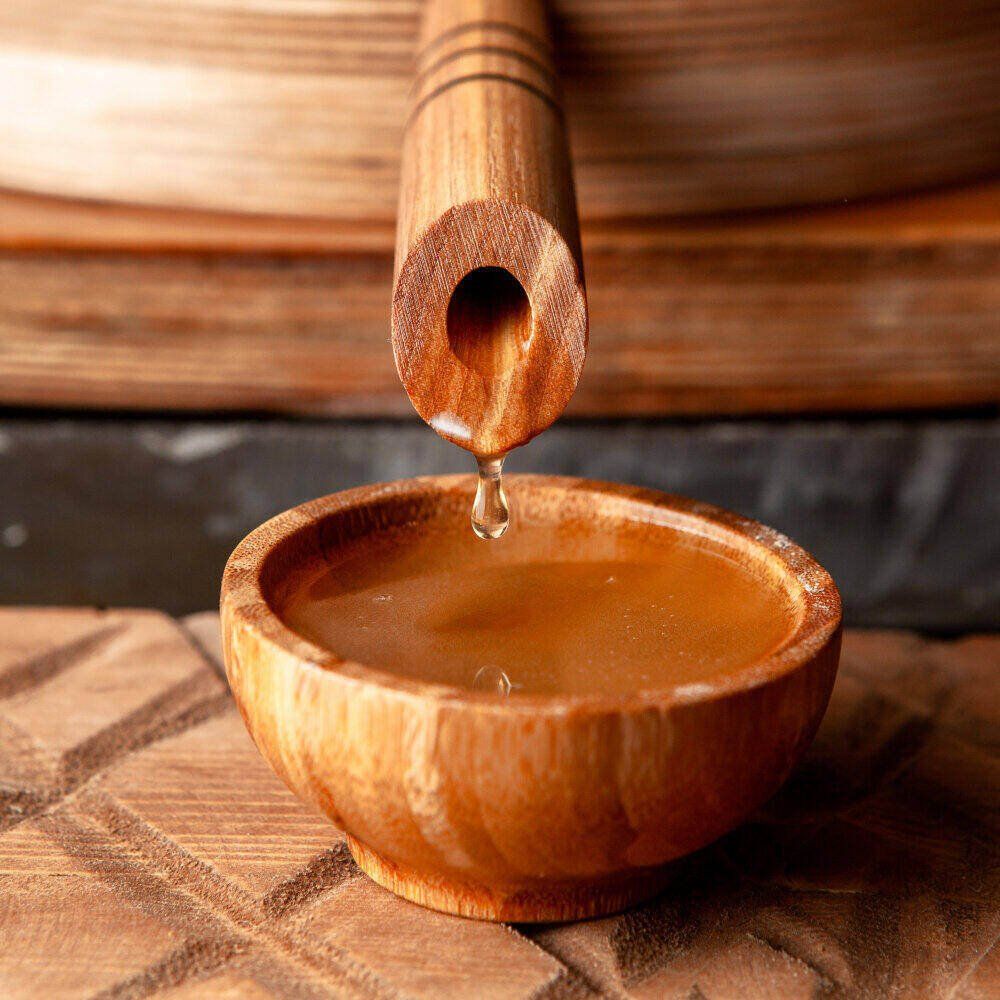We Provide Water Softening Services to the Residents of Ontario, CA.
Home » Services » Water Quality
Get a Free Estimate
Contact Form
We will get back to you as soon as possible.
Please try again later.
Need Help?
Get in touch today to discuss your next project and we will happy to answer any questions and provide you with a no-obligation FREE Estimate.
Contact Us
Our friendly, transparent and licensed plumber team north of the Greater Toronto area are ready to help with any job, large or small!
Phone:
1-289-203-9369
Address:
32 St Pauls Place, Orangeville, ON L9W 0A3
Email:
service@plumbsup.ca
Emergency Service available upon request.
CALL US TODAY:
How will water softening improve my life?
Have you ever complained about dry skin and dry hair? Well, it's surprising to know that sometimes the cause for all of this is nothing more than the water supply of your home. While hard water isn't a health hazard, it is beneficial to drink this type of water. However, this kind of hard water can cause
many problems with your appliances. Hard water is full of minerals like limestone and chalk, which are great for the body but clog up your taps, disrupt the water pressure in your house, and makes your skin dry.
We have a solution to your problems, and it is installing a water softener system that will filter your whole house's water. This system will keep all the minerals that will be easy on your appliances and your skin.
Which water softener is the best to purchase?
Only buy a water softener from a store that can show you the SER - Softener Efficiency Rating for the equipment. Only knowing the Grains Capacity or Cubic Feet of Resin isn’t enough to make an informed decision to buy. Look for water softeners with an efficiency rating of 3,333 to 5,000 grains per pound. These specs will save you large amounts of salt over their lifespan.
What Is the Softener Efficiency Rating?
The SER is the technical spec that reveals how much salt your softener will use. It’s essentially the ratio of the capacity of the grain the softener can get for the number of pounds of salt it took to attain. Knowing the SER, along with the capacity of the grain, allows a water softener consumer to compare the long-term total ownership cost of one softener to another.
The grains capacity a water softener can achieve depends on the amount of salt it uses when it regenerates the water softener. Looking only at the capacity, without any knowledge about how the softener reaches this capacity, leaves consumers with insufficient information to make an intelligent decision.
Base Your Purchase Decision on the Softener Efficiency Rating
It’s standard practice to use the SER with the capacity of the grain to give the complete picture of how your new softener will perform. Grains capacity defines how long your softener can go between regenerations. The SER provides an understanding of how efficiently you can achieve this capacity.
What is the Ideal SER Target?
Always search for a water softener that can reach the desired grains capacity along with the maximum SER. The ideal target is 5,000 grains per pound.
3 lbs. of salt = 15,000 grains capacity (15,000 grains / 3 lbs. = 5,000 grains per lb.)
6 lbs. of salt = 20,000 grains capacity (20,000 grains / 6 lbs. = 3,333 grains per lb.)
9 lbs. of salt = 25,000 grains capacity (25,000 grains / 9 lbs. = 2,778 grains per lb.)
18 lbs. of salt = 32,000 grains capacity (32,000 grains / 18 lbs. = 1,778 grains per lbs.)
The softener with an SER of 5,000 is almost three times as salt efficient as the softener with an SER of 1,778. It just does not make sense to buy a system that’s going to use much more salt than another.
What Should be My Goal When Making a Buying Decision?
It’s rewarding to learn what you’re buying and why you’re getting it. It’s empowering to have the technical know-how you need to understand what you see in the stores, and to make sound decisions.
The end goal is to buy a softener with the minimum total cost and salt consumption is a big part of that decision.
Following are some important reasons why you should buy a softener that uses as little salt as possible:
Significant cost savings over the lifespan of the softener
Less salt to carry home’s softener from the retail store
The softener salt tank stays full longer
Less environmental impact, which aids your neighborhood waterways, plants, and animals
SER is the single most important product spec you’re going to buy. Don’t buy the softener from a store that can’t show you this critical piece of information. Look for softeners with an SER between 3,333 - 5,000. You can only grasp the machine salt consumption and its total cost by obtaining this data.
- How does Service Flow Rate work?
The softener Service Flow Rate – SFR – is the number of gallons per minute of perfectly softened water a softener produces. The flow rates you find on the label for most softeners are simply the max water flow that can be pushed through the softener, without considering whether the water has been fully softened or not!
Water softening isn’t an instant process. The water must be in contact with the softening resin long enough to complete the process.
- What Factors Affect the SFR?
The flow rate the softener must be able to handle depends on the home and in a smaller part by how many people live in your home. Larger homes, with more bathrooms, and more people living in them will have a larger SFR requirement than smaller homes. Most of the time, the label a softener shows for the flow rate is the maximum flow rate that the water softener control valve will allow it to flow. It is not the same flow rate at which the softener will soften the water. The flow rate that a water softener can perfectly produce soft water is a function of the resin amount the softener is designed to handle.
- What is important to remember about SFR?
The flow rate is the amount of soft water at which the softener will produce perfectly. Surpassing the SFR by a small amount likely means that no more than 1 or 2 grains per gallon will make it through. It is still soft water, but not perfectly soft. The outcome is still acceptable for most uses of your appliances.
- What SFR does your home require?
You need to ask these three questions before answering this query:
1. Is your home water greater than 30 grains hard per gallon?
2. Do you have any sensitive to hardness appliances using water? Such as a boiler or tankless water heater.
3. Do you have showers with multiple heads or body sprayers? These consume lots of water, often between 5 - 8 gallons per minute.
If your answer to all of these questions is a resounding NO! Then you don’t need a softener that needs to support more than 5 gallons per minute.
- What is The SER Ratio?
SER – Softener Efficiency Rating – It’s the ratio of the amount of softening capacity the softener generates for the amount of salt it utilizes. It’s expressed in grains/lb. The higher the number, the better. 3,333 is a good number but 5,000 is the best. Don’t buy a softener unless the store can show you such important data. It is the best piece of information you will have to determine the long-term equipment cost as well as its environmental impact.
- How does SFR Affect a Softener Size?
SFR – Service Flow Rate – Is the maximum flow rate water can push through the softener to delivers perfectly soft water. The simplest way to figure out your max flow rate is to determine your water-main pipe diameter. The water-main is the line that comes out of your water meter if you’re in the city. For those who are in rural areas and have your own water supply, the main line is the one coming out of your pressure tank.
- Why Hire A Professional to Do It For You?
You can easily install these filtration systems by yourself; however, it is always better to hire a professional to install them for you. Plumbs Up offers you trained and certified technicians who guarantee a top-quality job. Our experts have all the knowledge needed to do all your repair and installation work, which they perform most professionally and cost-effectively. At Plumbs Up, expect your property and plumbing work to be in excellent and trusted hands.
Our team has 17 years of experience in handling water filtration system repair and installation.
Your House Has Hard Water If You Experience Any of The Following:
- Dry Skin
Hard water can be pretty harsh on your skin, and if your hands feel dry all year long, chances are you have hard water running through your pipes.
- Clogged Sink
If your sink clogs several times a year and you have tried everything to fix it, ask your local plumber to check if you have hard water. The chalk and other minerals in hard water are the sneaky culprits that frequently clog our sinks.
- Leftover Dirt
Every time you open a tap and leave behind some tiny pieces of dirt, your main water supply has hard water.
- Spots on Clean Dishes
Whether you have a dishwasher washing your dirty dishes or washing them yourself, it is incredibly frustrating to see them dry up and leave water stains. When hard water dries up, it leaves behind the minerals on your dishes, causing them to stain.
- Appliance Failure
Hard water can ruin your brand-new appliances, and it can clog up your drainage pipes, causing a significant blockage.
Call us at 1-289-203-9368 if you have any concerns relating to your water issues
Following are some types of filtration systems we support:
UV filters
Ultraviolet filtration systems are super quick to filter out all the impurities, toxins, and bacteria in the water you and your family drink and use. UV filters use energy from the sun's electromagnetic spectrum to kill harmful bacteria. Allowing you and your family to drink clean filtered water throughout the day.
Even if you filter your water the old-fashioned way by boiling it, it still cannot beat the efficiency and quality of filtration granted by a UV filter.
A UV filter can improve your water quality by destroying microorganisms up to 99.99%, eliminating the chances that you or one of your family members might get sick due to low-quality water. Why take a chance on you and your family's health?
Contact us now to get more details
- What Can UV Filters Shield You and Your Family from?
Installing a UV filter will give your water protection from viruses, bacteria, cysts, coliform, salmonella, giardia, E. coli, typhoid fever, flu, polio, and many other painful and hurtful illnesses.
- How and Why You Should Use A UV Filter at Home?
A UV filter works by exposing all the harmful germs and bacteria you find in your tap water to a wavelength of germicides. This wavelength kills germs' reproduction process. Once they can no longer reproduce, they no longer have the power to make humans sick.
Don't try to install a UV filter yourself. Have our trained professionals do it for you.
BOOK A FREE CONSULTATION NOW 1-289-203-9368
Free Water Testing
We provide free water testing for residential and commercial plumbing. You’ll get the test results right away if your property is within the municipal area. It will take 3 days for us to deliver the test results if your water supply comes from a well.
- How Can You Get Your Water Tested For Free?
Well, you can call our experts to your house/office, or you can mail us your water in a plastic container for us to test your water.
- What Is Inclusive In The Free Water Testing?
Our free of cost testing gives you a detailed analysis of what is in your water. There are two kinds of water sources that can distribute your house's water supply. A private well or the city's water distribution system. To know more about your water, we provide other forms of testing as well. We will provide you information on your water's ph level, iron test, hardness test, nitrates, and the TDS with this test.
- Ph level
The ph level test is a very basic test that tells you how much acid or alkaline is in your water. If your water level is 6.9 and below, the test will show your water to be acidic. However, if your testing reads the levels to be 7.1 and higher, your water level has a high alkaline concentration. An excess amount of either option is not healthy. If you have too much acid concentration in your water, then it could be pretty harmful to your pipes in the future as it could erode or cause damage to your internal piping.
- Iron Test
An iron test tells you the level of iron that is available in your water. Having too much iron in your water is harmful to your health. This test is generally for people who own a private well and need to know the iron level in their well water.
Hardness in water comes typically from the enriched minerals present in it. Highly concentrated hard water can aid to your dry skin and can also cause disruption in your household appliances that use this water. Having a test performed to check its level can let you know what type of filtration system you will need in your house to equip you better.
- Nitrates Testing
Nitrates are substances like human waste, animal waste, or pesticides. You might want to get your local plumber to check that before it causes any illness. Even if your local water providers tell you that it has an acceptable level of nitrate in your water, you still may want to remove it from your drinking water.
We also provide paid testing of water that gives you a more insightful finding.
Book Us Now For Free Testing 1-289-203-9368
- Iron Filtration
Are you constantly trying to get rid of the iron concentration in your house’s water supply? Pick the phone up and give us a call. We have the best plumber in Northern Toronto to help provide you the assistance you need. Having a lot of iron in your water can be a nuisance. Three types of iron are usually present in your water — Ferric, Ferrous, and Bacterial. You cannot see them because they have entirely dissolved into the water you use.
- How Can You Tell You Have Iron Present In Your Water?
You will know when you have too much iron in your water. It will start staining your toilets and your sinks. It will not only shrink your clothes but also turn them orange. And if you decide to bathe in high concentrated iron water, it can go to the extent to even turn your hair and skin orange. It also causes discoloration on your taps, faucets, sinks, etc.
What are the Best Iron Water Filters to Install?
The markets are bursting with several iron filters you can purchase, but at PLUMBS UP, we recommend the following:
Spring Well Whole House Iron Filter For Well Water
Pentair Pelican Iron & Manganese Water Filter
Quality Water Treatment SoftPro Chemical Free Filter – Best Budget
iSpring 3-Stage Water Filtration System
Home Master 3-Stage Filter
Fleck IRON PRO 2 Combination Water Softener Iron Filter
Aquasana Whole House Iron Filter For Water
ABC waters Iron Filter and Water Softener
Air Injection Platinum 15
Call us on
1-289-203-9368 Have one of our skillful plumbers install one of the filters in your home today!
Chlorine Removal Filtration
Chlorine induced water only adds to our list of worries. Research shows that chlorine-filled water can cause cancer and other serious health-related issues. It can also stop a plant's growth significantly. There are several chlorine filters that not only filter out the chlorine inside your water but also kill other kinds of living germs.
Call us today and have one of our technicians guide you through the process
Reverse Osmosis – RO – Filtration
Fun fact! Did you know 98% of the earth's water is saline water (salty water), and only 2% is freshwater? The usage of this 2% is in homes, farms, and factories. Unfortunately, almost 40% do not have access to this 2% fresh water.
The question stands, can we use the ocean's salty water and make it pure enough for daily use and even to the extent of drinking it? The answer is yes. The correct answer is
desalination technology, also known as reverse osmosis.
How Does RO Work?
You can call this form of filtration a physical phenomenon. A semipermeable membrane divides two liquids. This membrane comes into contact with the two different concentrated liquids and tends the even out the water level. Basically, it takes your salty water and converts it to purified freshwater.
Reverse Osmosis is probably the most efficient and eco-friendly way to water filtration. Two types of water come out through this method of filtration—clean water and brine solution.
Let's Talk About Why We Should Install Them In Your House
It is great for getting rid of dissolved inorganic, arsenic, and fluoride. This is an excellent filter for your house, especially if your water supply comes from a private well.
You can contact our team for further details on filtration systems and your available suitable options.
Seven Things to Consider Before Getting an RO Filtration System:
Why? What are your specific needs?
- Water Source
Where is the water supply from? Municipal City or a private well.
- Water Pressure
How good is your water pressure, because you will need a lot!
- Water Demand
This will explain how big of a filter you need.
- Budget
How much are you willing to invest?
- Style of the Unit
What model are you looking for?
- Installation
This form of filtration unit involves professional installation.
Book an Online Appointment
The 'Plumbs Up' way offers the most secure process and peace of mind Call us now to book us at
1-289-203-9368
At Plumbs Up, a leading Orangeville plumbing company, we provide solutions to help you live a comfortable, happier, and healthier life! So, give us a call at 1-289-203-9369 today.
OUR SERVICES
CONTACT INFORMATION
Plumbs Up Plumbing & Drains
Address: 32 St Pauls Place, Orangeville, ON L9W 0A3
Phone: 1-289-203-9369
Office Hours:
Mon-Fri: 07:00 AM to 08:00 PM
Sat: 09:00 AM to 05:00 PM
Sun: Closed
Emergency Service available upon request.
All Rights Reserved | Plumbs Up Plumbing & Drain

